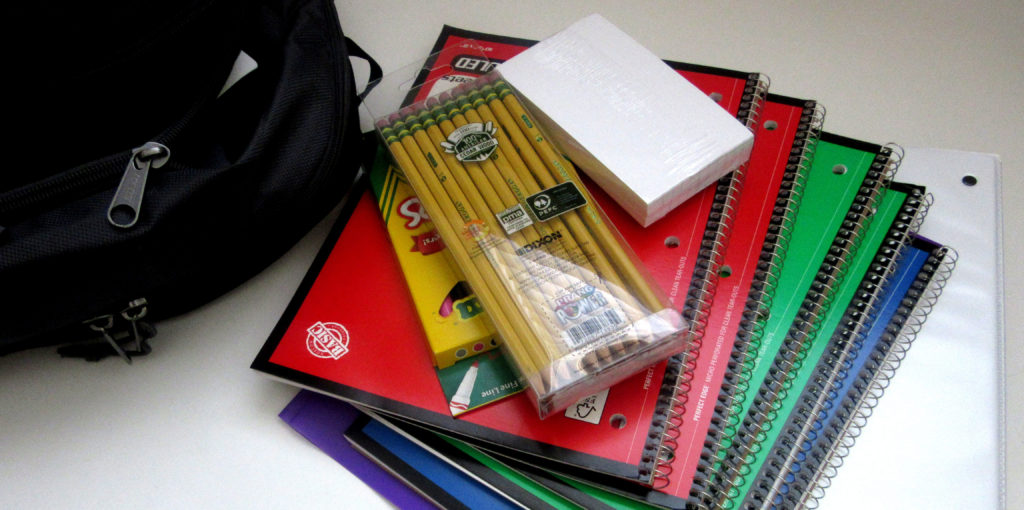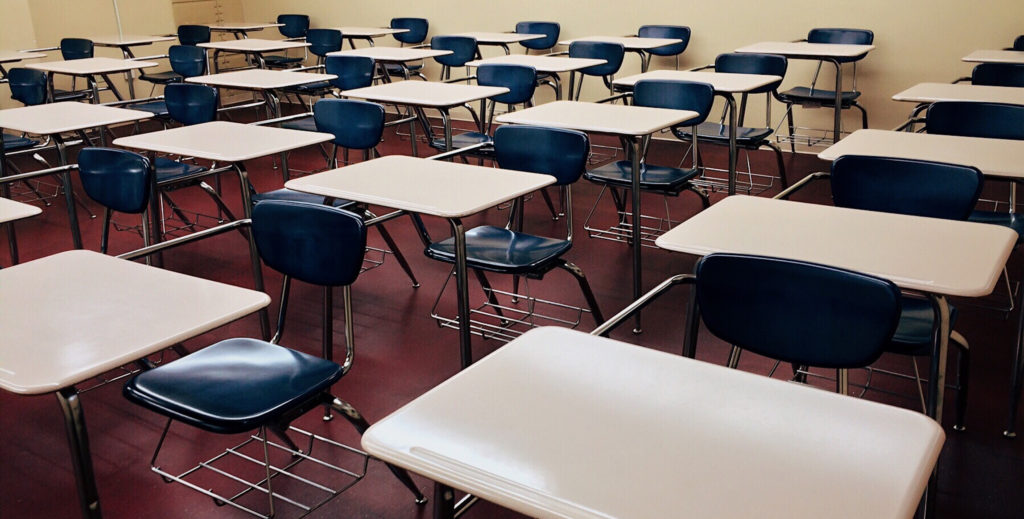
A Back to School Survival Guide for Different Brains
Resuming classes after summer vacation is always an exciting and often stressful event for any child. For those with neurological differences, unique challenges may exist, and typical ones amplified. The stress of new classes, new teachers, new peers, and/or new schools can put a great deal of strain on their developing mind. Here are a couple of ways you can help make the 2018-2019 less stressful for your child, no matter how their brain is wired. Whether your child has autism, Asperger’s, epilepsy, Down syndrome, ADHD, apraxia, dyslexia, Tourette’s, OCD, any other neurodiversity, or even none at all, any kid can benefit if their parents follow these tips:
1. Buy all supplies far in advance

The rush to get textbooks, backpacks, calculators, notebooks, etc. the week before school starts can be maddening. Stores can even run out of ubiquitous school supplies like pencils, erasers, notebooks, etc.
2. Make sure medications are taken care of

Schools often have strict policies involving prescription and other medicines being dispensed to students. If your child takes any kind of medication on a regular basis and would need it during school, you need to arrange the details with the school nurse or health center.
3. Meet your child’s teacher(s)

If the school holds parent/teacher conferences, go at the first opportunity. This will allow you to explain your child’s situation and any concerns you have.
4. Meet with school officials about special accommodations

If your child’s diagnosis requires special accommodation, such as carrying an inhaler or epi-pen, epilepsy triggered by flashing lights or noises, extra time on tests, etc., you need to arrange this through whatever channels the school provides. Make sure everything is set up before classes begin.
5. Walk them to the stop

If your child is young and rides the bus, go with them to the bus stop, at least for the first day or two, especially if the timing or route has changed. This will help establish a schedule for school days and provide moral support, even if the bus stops in front of your residence.
6. Breakfast

“The most important meal of the day” is a cliché for a reason. Skipping breakfast leads to low energy, low attention, and lower grades.
Reuben Friedlander describes himself as “genius, attractive, and not particularly modest.” Reuben joined Different Brains in 2017. He enjoys video games, fantasy reading, hats, Dwarf Fortress, and writing silly humor. Reuben writes all kinds of articles for the website, while assisting with video editing and transcription.




